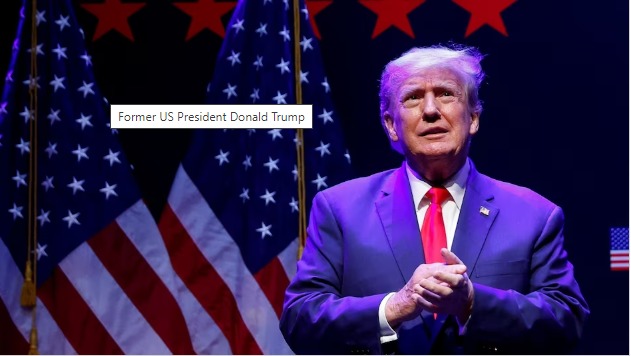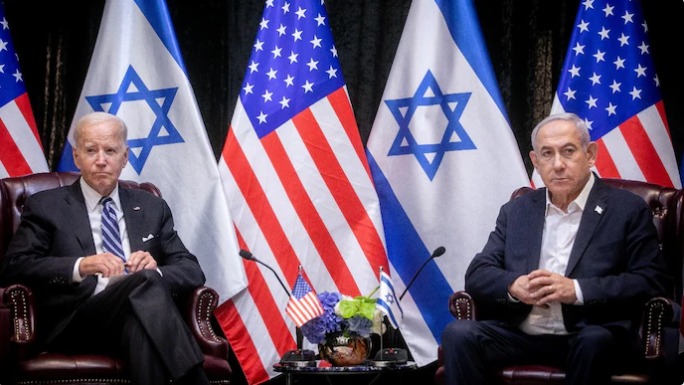Former President Donald Trump is doubling down on his defense against the federal election interference charges, demanding the D.C. Circuit U.S. Court of Appeals to dismiss the case. Trump’s legal team argues that the concept of presidential immunity shields him from criminal prosecution for official acts unless he is first impeached and convicted by the Senate. In a brief submitted to the D.C. Circuit, they emphasize the alignment of this stance with the structure of the government, the Constitution, historical common-law immunity doctrines, Supreme Court precedents, and the separation of powers.
Trump’s legal maneuvering comes in response to a request by special counsel Jack Smith for the Supreme Court to swiftly determine whether Trump enjoys broad immunity for his efforts to overturn the 2020 election results during his presidential term. The Supreme Court, however, opted not to intervene at this stage, leaving the D.C. Circuit to hear oral arguments on January 9. The subsequent ruling by the D.C. Circuit could pave the way for the Supreme Court’s potential involvement.
On his Truth Social platform, Trump reiterated his belief that his attempts to challenge Joe Biden’s victory were part of his presidential duty. He criticized Smith’s request to the Supreme Court as a “desperate attempt to short circuit our Great Constitution.” Trump expressed anticipation for the upcoming appeals court arguments while maintaining baseless claims about the 2020 election.
The legal battle revolves around whether a former President is absolutely immune from federal prosecution for actions taken while in office. Trump’s lawyers contend that his involvement in questioning the election results falls within the bounds of his official responsibilities, relying on a 1982 Supreme Court ruling on presidential immunity. They argue that this precedent shields Trump from prosecution.
The defense also points to Trump’s Senate acquittal following impeachment proceedings related to the January 6, 2021, Capitol attack, asserting that he cannot face separate prosecution for the same actions. In contrast, Smith argues that Trump’s election-related efforts were outside the scope of his official duties, and the Constitution allows for separate criminal proceedings even after acquittal in impeachment.
U.S. District Judge Tanya Chutkan previously denied Trump’s motion to dismiss the indictment on presidential immunity and constitutional grounds. The case is currently on hold as Trump appeals this decision. The charges against Trump include conspiracy to defraud the U.S., conspiracy to obstruct an official proceeding, obstruction, and conspiracy against the right to vote. Trump has pleaded not guilty to these charges.
Despite facing multiple criminal prosecutions, Trump maintains a strong position in the polls for the Republican nomination, indicating the ongoing influence he holds within the party. As the legal battle unfolds, the outcome will not only impact Trump’s personal legal standing but also have broader implications for the understanding of presidential immunity and accountability for actions taken in office.



